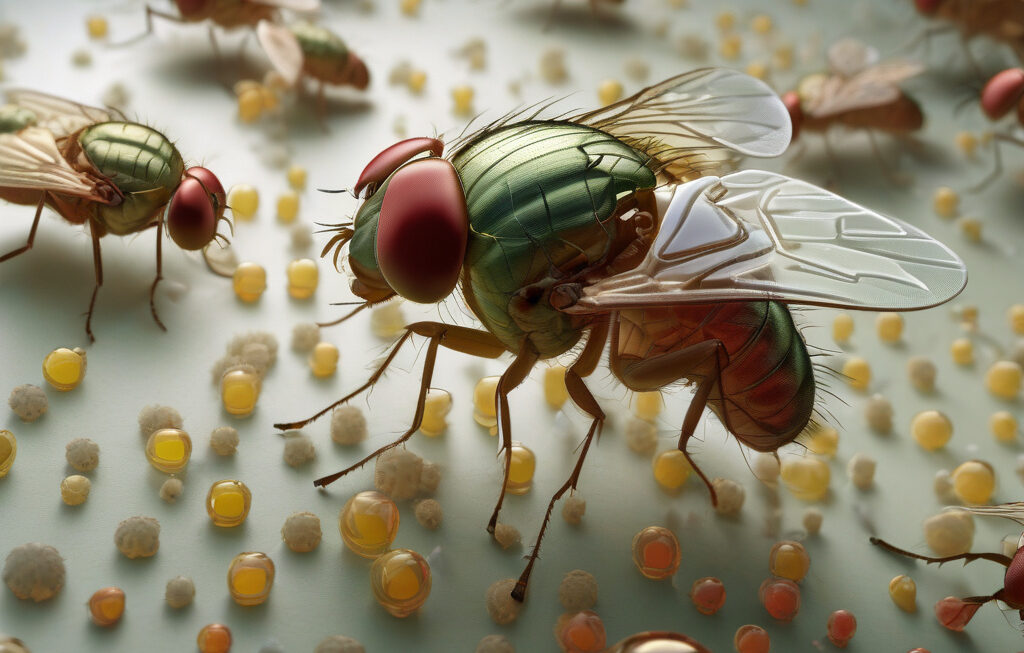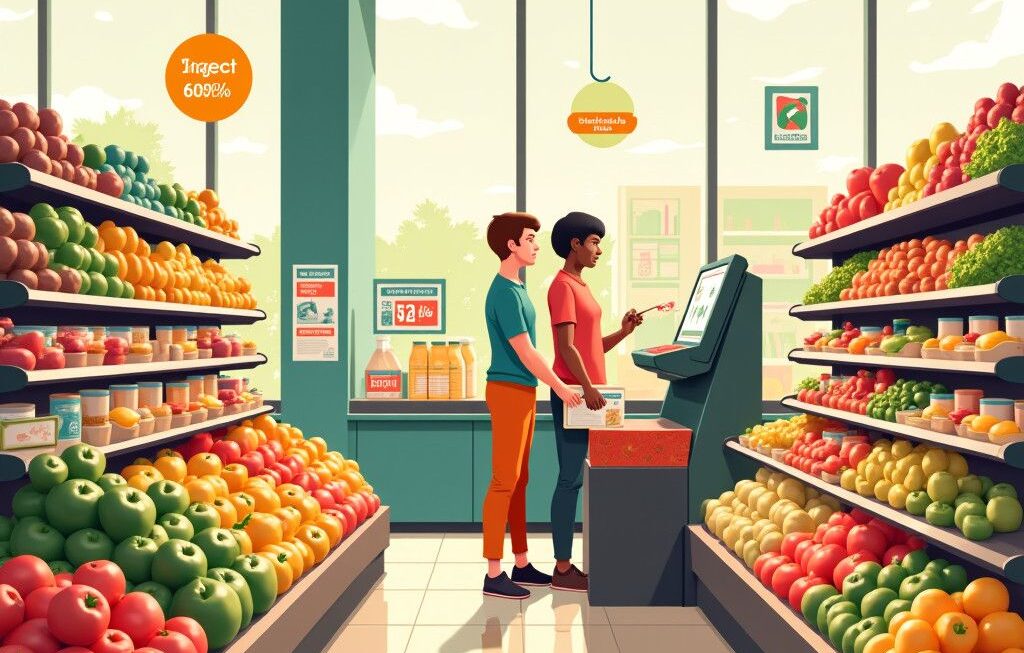How the Fly Brain Filters Out Visual Information Rhythmically During Sleep to Stay Up: A Fascinating Study Researchers in a new study zoomed in on the function of sleep using a common fruit fly model and made a remarkable discovery about how the fly brain filters out visual information rhythmically during sleep to stay alert. […]
Dynamic Pricing: A Smart Solution to Food Waste and Supermarket Profitability
According to the nonprofit organization ReFed, supermarkets in the United States wasted an astonishing 5 million tonnes of food in 2022, with 35% of that waste ending up in landfills. Alarmingly, over half of the waste—2.7 million tonnes—was comprised of products past their expiration dates. While these figures are troubling, an innovative solution may lie […]
Horizon Europe Collaboration: Transforming Alberta's Research Landscape Through Innovation
The rapid pace of global change demands a unified response, emphasizing the importance of collaboration in addressing pressing real-world challenges. As an integral part of this international framework, the Southern Alberta Institute of Technology (SAIT) is actively engaged in Horizon Europe, a research and innovation initiative set to tackle urgent global issues with innovative solutions. […]
Addressing Food Loss: A Path to Global Food Security
The right to food, as defined by the United Nations, emphasizes the importance of physical and economic access to sufficient food for all. Yet, global food security remains a pressing issue. Conflicts, climate change, social inequalities, economic instability, and ineffective governance disrupt food distribution systems, resulting in severe hunger and food waste. The paradox is […]
Understanding Food Waste in Japan: Insights from Recent Research
In 2021, Japan generated an astonishing 2.47 megatons of household food waste—much of which was still perfectly edible. This staggering figure raises critical questions about what types of food contribute most significantly to waste, their greenhouse gas emissions, and which segments of the population are more likely to waste food. A recent study led by […]













